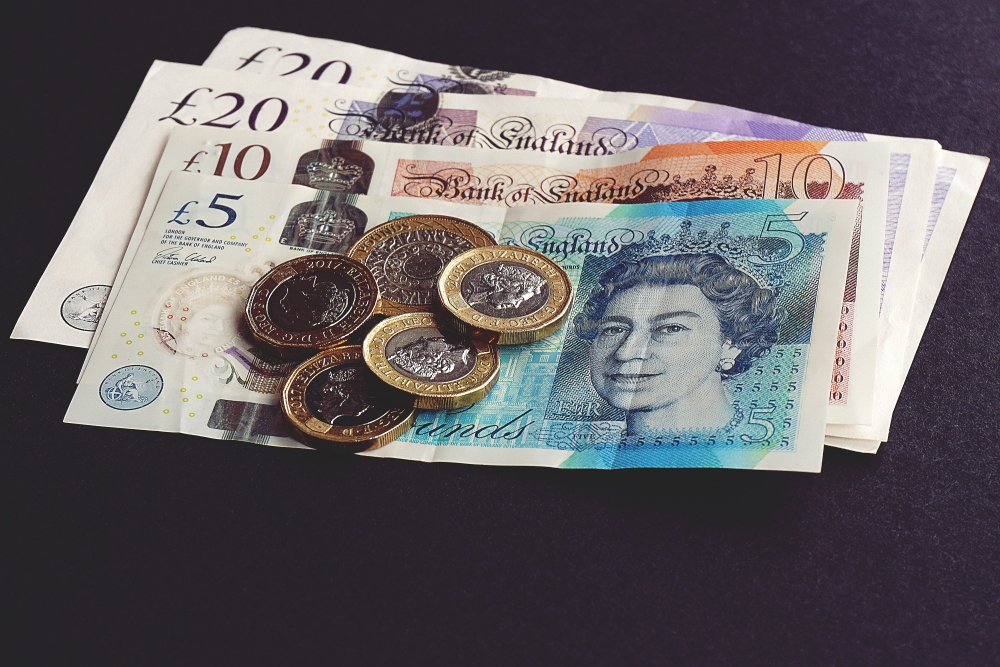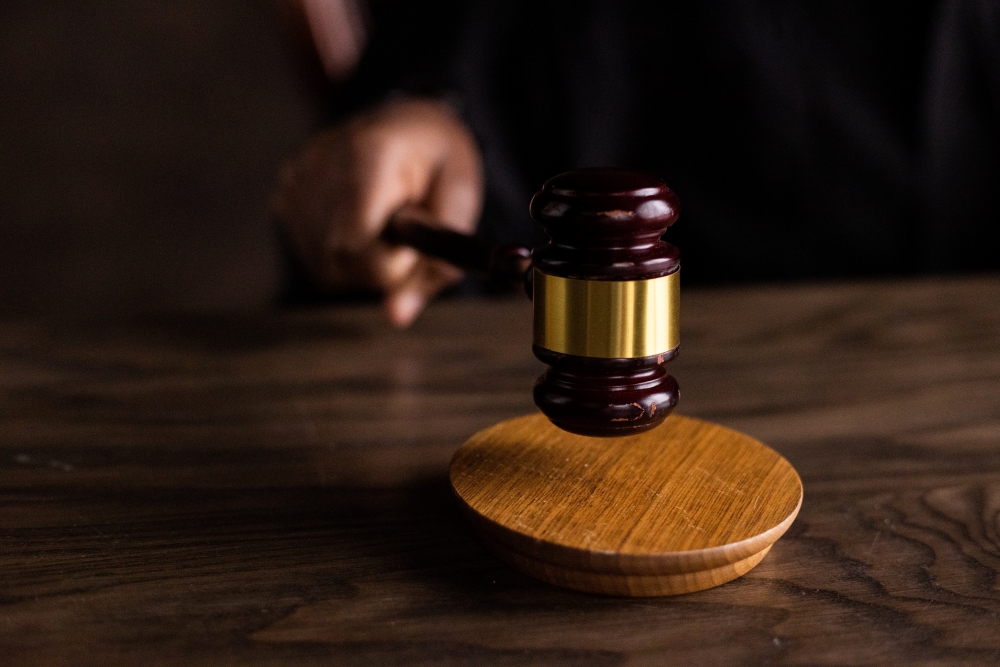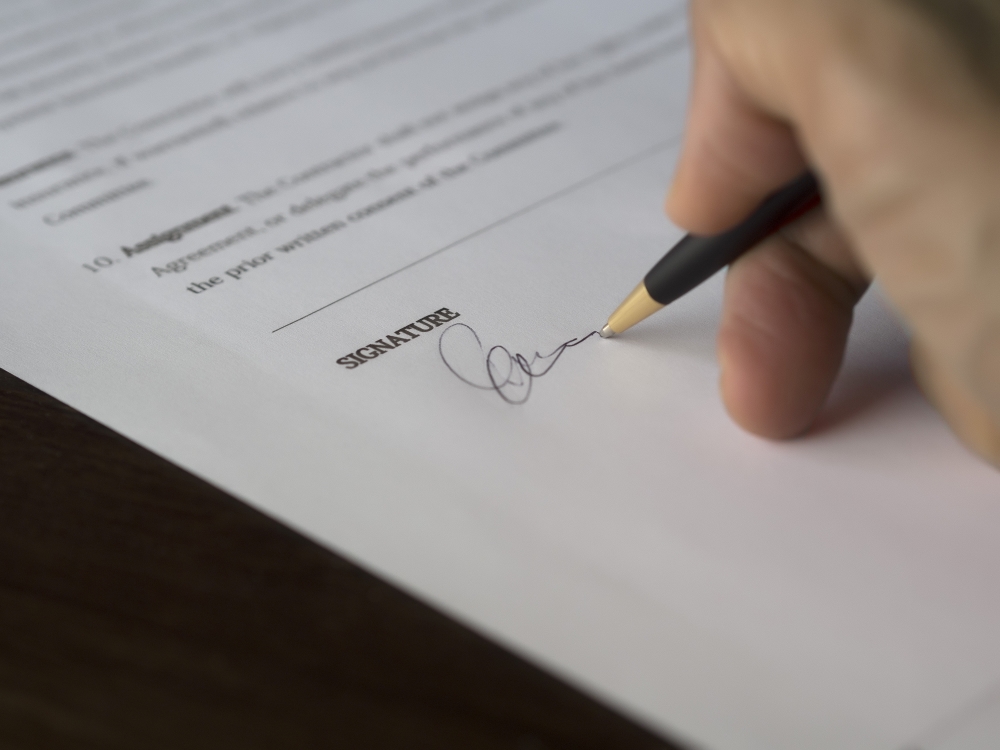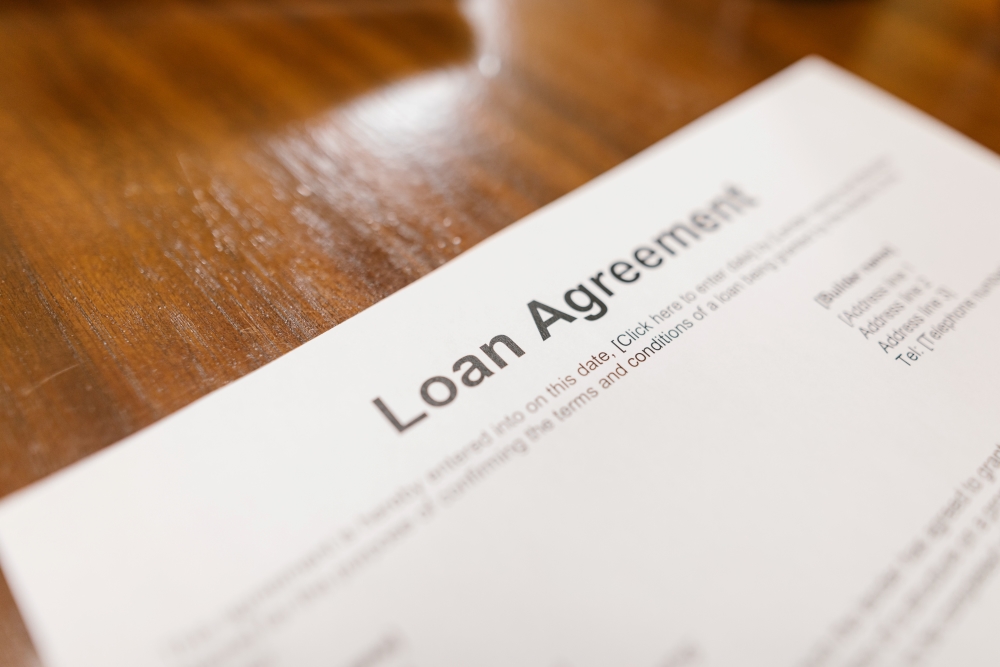What happens if you don’t pay bounce back loan?
The first thing to remember if you believe you can’t pay back your bounce-back loan is not to panic. We support directors with expert advice. Depending on whether you took a bounce-back loan for a sole trader or for your limited company, some different rules and regulations must be followed. The sole trader bounce-back loan comes with less protection than it does for a limited company. Let’s answer the question, what happens if you don’t pay the bounce-back loan?
What is a bounce-back loan?
Bounce-back loans were offered by the government during the early stages of the Coronavirus pandemic. The bounce-back loan scheme aimed to support businesses suffering from financial difficulty due to loss of earnings and business closures.
The loan could be for up to 25% of the business’ yearly earnings, with a cap of £50,000. You were not required to repay the loan for the first 12 months after it was taken out. However, after the 12 months ended, businesses were required to start paying monthly repayments with interest.
The maximum loan length available was six years (unless you utilised the Pay As You Grow scheme). Taking out a loan for a longer period means that you will pay less per month but more overall due to the delay in payment. The PAYG scheme also gave directors options to make interest-only payments for a short period of time.
What happens if you can’t pay bounce-back loan?
You’ve probably been thinking for a while, ‘what am I going to do? What if I can’t pay back the bounce-back loan?’ The truth is, as long as you have acted responsibly throughout the process, applied for the correct amount of money, and spent it in ways to benefit your company, then you have no reason to worry. If the business can’t pay the bounce-back loan, and other creditors, then a liquidation would end the business and all unsecured loans. This means the bank will write off the bounce-back loan.
Have you acted responsibly?
You may remember the application process for the bounce-back loan scheme whereby you were asked whether your company was ‘financially sound’ before the effects of the pandemic kicked in. You were also asked to only apply for 25% of your company’s turnover in 2019, capped at £50,000, and you had to declare that the loan would only be spent for the benefit of the business that applied for the loan.
If you are found to have breached any of these terms, then it’s highly probable that you will be made personally liable for some or all of the bounce-back loan and could also face director disqualification and, in certain circumstances where premeditated fraud has taken place, criminal proceedings.
Acting irresponsibly with your bounce-back loan may include using the money to pay for personal items, such as holidays, new cars, or home improvements. This is not responsible and could land you in trouble if you now cannot pay back your loan. If your company has used the money for personal items, you cannot expect to be given a bounce-back loan write-off. You can find out more about bounce-back loan fraud here. If this is you then it’s crucial that you take some advice today to understand your options. Don’t be tempted to bury your head in the sand, the sooner you speak to someone the more options you should have.
A responsible way to spend your bounce-back loan would be on things such as wages, running costs, and company bills. Every penny should have been spent on keeping your business financially afloat.
What if I can’t pay back my bounce-back loan?
If you can’t pay back your bounce-back loan, we would first suggest getting advice from one of our team. Getting advice early can have a really positive impact on the outcome of the situation.
As we said earlier, if you have acted responsibly and spent the money on your business, then you have no reason to worry. If you have not spent the bounce-back loan correctly or are concerned about some of the things you have read in this article, it’s important that you don’t bury your head in the sand. Instead, take action to understand what you can do about the problem.
The sooner you seek professional advice, the more options will be available to you and your business. If you cannot afford to pay debts when they fall due, your company is likely insolvent.
So, you might be wondering what you do if you can’t pay back your bounce-back loan. Perhaps you’ve reached the point where you cannot pay staff wages and running costs associated with your business. In this case, you need to seek insolvency advice.
When a business becomes insolvent, the responsibilities of the company directors change, and you must put the interests of the creditors before your own.
It’s crucial that you don’t make your creditor’s positions any worse, or you could be accused of wrongful trading, which can also have severe consequences for a company director. At this point, you should speak to someone about your business, the debts, and the potential options that are available.
Do you have to pay back the bounce-back loan?
Yes, if your business is running well, you need to pay back the bounce-back loan. However, if you are struggling, you may need to consider the following options.
The first option is to use the Pay As You Grow (PAYG) scheme, whereby you can extend your loan repayments from 6 years to 10 years. You also can make interest-only monthly payments for the first six months, which may relieve some pressure on you and your business.
If you cannot utilise this PAYG scheme, do not panic. When taking out a bounce-back loan, businesses were reminded that there was no personal liability attached. This means that the government will step in to pay the bank if the company fails. This is all providing that you have utilised the money to support your business and not to benefit yourself personally. If you have used the money for personal items, you could be made personally responsible for paying back the loan.
If you’ve taken a bounce-back loan and can’t pay it back, you should declare that your business is insolvent and appoint a licensed insolvency practitioner. Following this, the government will pay back the loan to the bank. The insolvency practitioner will then inform all the company’s creditors, including the bank that lent the company the bounce-back loan, and the business will be placed into liquidation.
Not acting quickly enough could force your business into compulsory liquidation. A director may face increased scrutiny during a compulsory liquidation process.
I can’t pay my bounce back loan as a sole trader…
Unfortunately, when it comes to bounce-back loans for sole traders, there is a different level of security compared to those operating as a limited company. This is because sole traders have no differentiation between personal and business assets. This can be a worry as it generally means that some personal assets could be taken. However, the scheme outlined that if a sole trader can’t pay the bounce-back loan, their house and car could not be taken. In contrast, a limited company is recognised as a separate legal entity.
The same financial security is expected from sole traders, with the application process stating that the business must have been ‘financially sound’ before the loan was applied for.
If you can’t pay your bounce back loan as a sole trader, don’t worry, you still have options available, just not as many as a limited company does. You must seek advice early from a trusted financial business advisor. The advisor may suggest closing the company using a formal insolvency procedure.
Can I liquidate my company with a bounce-back loan?
Liquidating your company will bring a legal and formal end to your business. This means that all unsecured debts, including your bounce-back loan, will be written off. This is a very difficult decision, but given the circumstances, it may be the most appropriate route.
You can close your company with a bounce-back loan, and the loan will be written off in the liquidation. If you have acted responsibly and used your loan correctly, then you should experience no issues with this. However, if you have not acted responsibly, you may be liable to repay some or all of the loan back. If you can’t pay the bounce-back loan, we would advise seeking help early for the best outcome.
If you have a bounce-back loan and the company has gone bust, the safest option is to use a liquidation procedure. You cannot use the strike-off method with a bounce-back loan, as the bank must receive payment. A strike-off method means the creditor can reinstate your company for up to 20 years.
Bounce back loans are different to other business debts. Bounce back loans did not require a personal guarantee, they had a Government guarantee. This means it is the Government’s responsibility to repay the bank if you are unable to. When an insolvent company enters liquidation, the outstanding bounce-back loan crystallises, and payment is requested from the Government. A personal guarantee is when a company director has signed to pay the debt if the company cannot.
When can I be held personally liable for the bounce-back loan?
In most cases, you will not be held personally liable for the bounce-back loan. However, you may find yourself liable if the following apply.
- You spent the money from the bounce-back loan for personal benefit
- You inflated the company’s turnover to borrow more money from the bounce-back loan scheme
- The business was already experiencing financial difficulties before you took out the bounce-back loan. The liquidator is required to assess your financial situation and will identify existing company debt.
Tips for liquidating with bounce-back loans
Here are the essential steps that you must follow to close a company with a bounce-back loan successfully:
- Find a trusted and knowledgeable insolvency practitioner. Only choose from licensed insolvency practitioners.
- Make sure you have reviewed any potential pitfalls or problems for you personally if you place the company into a creditors voluntary liquidation
- Check whether you are entitled to a company director redundancy claim
- Have your practitioner collect the relevant information
- Sign off your liquidation documents
- Attend (or be present at, if done over the phone) a creditor’s meeting (this is where you will formally appoint your insolvency practitioner)
After these steps have been completed, the company will be in liquidation. The business will be removed from Companies House when the formal liquidation process is complete.
What to check before liquidating
Before you file for any liquidation or insolvency process, there are a few things you need to look into to ensure that everything runs smoothly. Here’s what you need to consider:
- Ensure you have all the liquidator fees in writing
- Consider whether you have an overdrawn director’s loan account, if you have, have you discussed this with your insolvency practitioner and agreed on how you are going to repay it, are you able to come to a settlement? Can a director’s loan be written off?
- Have you made any preference payments?
- Have you applied for the loan correctly?
- Have you spent the loan for the purpose it was meant for?
- Have any company assets been sold undervalue?
Without considering all of these things, some company directors end up struggling and having to pay large amounts of money to rectify the situation.
Before finding a licensed insolvency practitioner, you must check for any evidence of bounce-back loan fraud and an overdrawn director’s loan account. It’s important to assess these, or you may risk personal liability. You will accrue an overdrawn loan by borrowing company money. Find out what happens to an overdrawn director’s loan account in liquidation. 1st Business Rescue offers free advice around these issues and can help you understand your position in full before you make any decisions.
How to pay for a liquidation?
We know how worrying it can be when you have no money to keep your business running and still need to pay for a liquidation. Generally, a small liquidation will cost around £4000 plus VAT. You are able to use company funds to pay for liquidation, your business may have assets that can be sold, or you may be required to pay the liquidation costs personally. One option you have is to assess your eligibility for company director redundancy payments. Most directors are pleasantly surprised at the outcome.
At 1st Business Rescue, we provide director-focused advice. We’re here to support you through the process of company closure with a bounce-back loan. Our honest and friendly team are always happy to help.
Bounce-Back Loan Payment FAQs
Will bounce-back loans be written off?
There are some instances where a bounce-back loan can be written off. Firstly, you must have acted responsibly as a director. When it comes to your bounce-back loan, you must have used the money to benefit the company and not for your own personal benefit.
When you enter liquidation, your conduct as a director will be evaluated. The liquidator will be assessing your conduct or the last three years before liquidation. This will enable them to identify elements of wrongdoing.
How do I get out of paying my bounce-back loan?
You can’t get out of paying your bounce-back loan. The liquidator will assess your situation and determine the outcome for you.
Are you personally liable for the bounce-back loan?
There are instances where you will be held personally liable for your bounce-back loan. For example, if you have acted irresponsibly with your loan by spending it on yourself or by inflating your turnover to gain access to more money. These actions will be identified, and you will face the consequences.
Can I face legal action for non-payment of a Bounce Back Loan?
If you have entered liquidation and been ordered to pay your bounce-back loan back, you will face legal action for not paying it back. This may include receiving fines, bailiff visits and more. Seek advice immediately if you are worried about legal action and bounce-back loans.
I'm Chris Worden, Managing Director at 1st Business Rescue. With over 7 years of experience, I help UK directors navigate the complex world of UK corporate insolvency. We offer free and independent advice to UK directors and advise them about what options may be available to them if their limited company starts to struggle.
I am passionate about helping other directors overcome their business challenges and get back on their feet, as I was once in the same position as them. I had a business that became insolvent, and the advice out there was confusing and overwhelming. I am here to provide honest and valuable advice to UK directors.
I am proud to say that we are one of the only 5-star corporate insolvency companies on Trustpilot with hundreds of 5-star reviews, and we publish videos weekly on our YouTube channel. Our channel is designed to educate UK directors about insolvency and debt advice. Check it out here:
Please get in touch and we’ll come back to you
without delay.
Call 0808 506 2246
Text 07717 738 167
Complete a Free Online Enquiry






